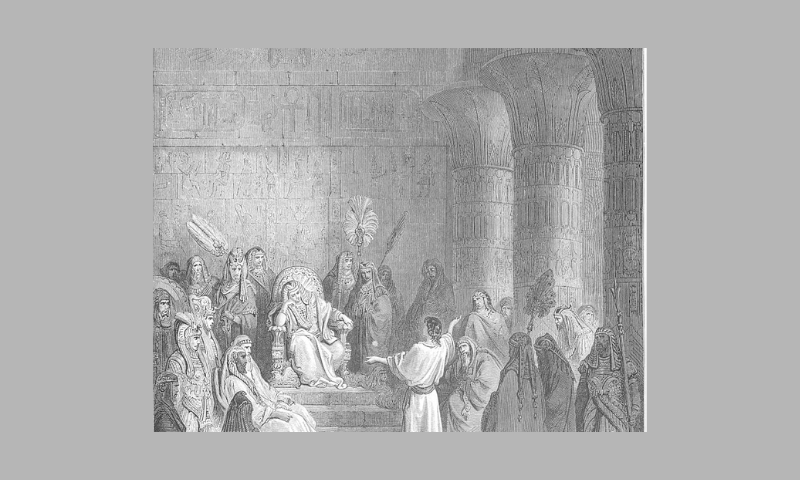Rabbi Moshe Hayim Efrayim of Sudilkov and Eitan P. Fishbane
Jewish Review of Books, Fall 2019
“The sound of the shofar should—in a very precise theological sense—blast open the listener’s spiritual consciousness. Moreover, listening to the shofar should initiate or reinitiate an attitude of attentive wonder toward the world on the part of the Hasid, or any individual, and the way he (or she) moves through it in his (or her) daily life, trying to see the divine light within the mundane realm.”
Rabbi Moshe Hayim Efrayim of Sudilkov (ca. 1740–1800) was the grandson of Israel Ba’al Shem Tov (ca. 1700–1760), the charismatic miracle worker and mystic who is widely recognized as the founder of the Hasidic movement. His younger brother Barukh of Mezhbizh was an important early Hasidic master who established one of the first grand Hasidic courts. Rabbi Moshe Hayim Efrayim himself led a much more modest, even ascetic, life as the preacher of Sudilkov, in Volhynia. Among his other distinguished relatives was Rabbi Nachman of Bratslav, his nephew, who would become perhaps the most literarily brilliant and certainly the most idiosyncratic tzaddik among the next generation of Hasidic masters. The sermon which Rabbi Moshe Hayim Efrayim preached at this nephew’s bar mitzvah in 1785 is said to have left a deep impression on the future tzaddik.
Rabbi Moshe Hayim Efrayim’s book, Sefer Degel Machaneh Efrayim (translated as The Flag of the Camp of Efrayim, the title ties a biblical phrase to the name of the author in accepted rabbinic fashion), is a collection of wide-ranging sermons organized by the weekly Torah portion, many of which quote his grandfather the Ba’al Shem Tov, with whom he grew up. The book also has an appendix of other writings, most famously including accounts of the dreams the author had between 1780 and 1786 in which his grandfather visited him, taught him, and conferred authority upon him.
Sefer Degel Machaneh Efrayim was not published until 10 years after its author’s death, in 1810. Since then, it has gone through more than a dozen editions, becoming one of the most popular and influential works of Hasidic thought. In addition to being a brilliant collection of sermons, it is a key early source for the ideas and practices of the Ba’al Shem Tov and early Hasidism. … [To read the full article, click here]


